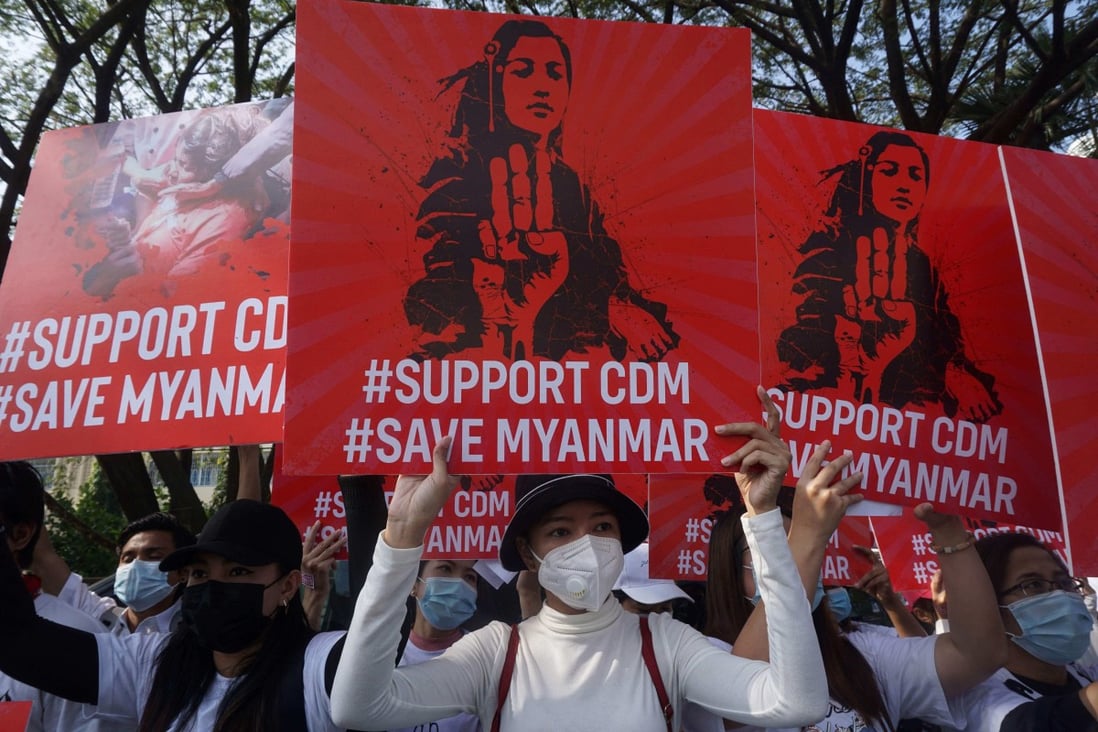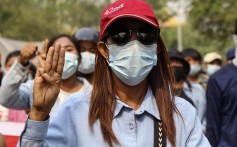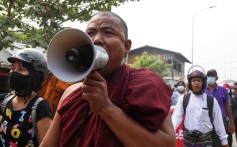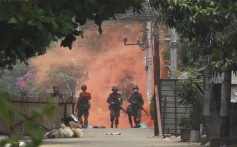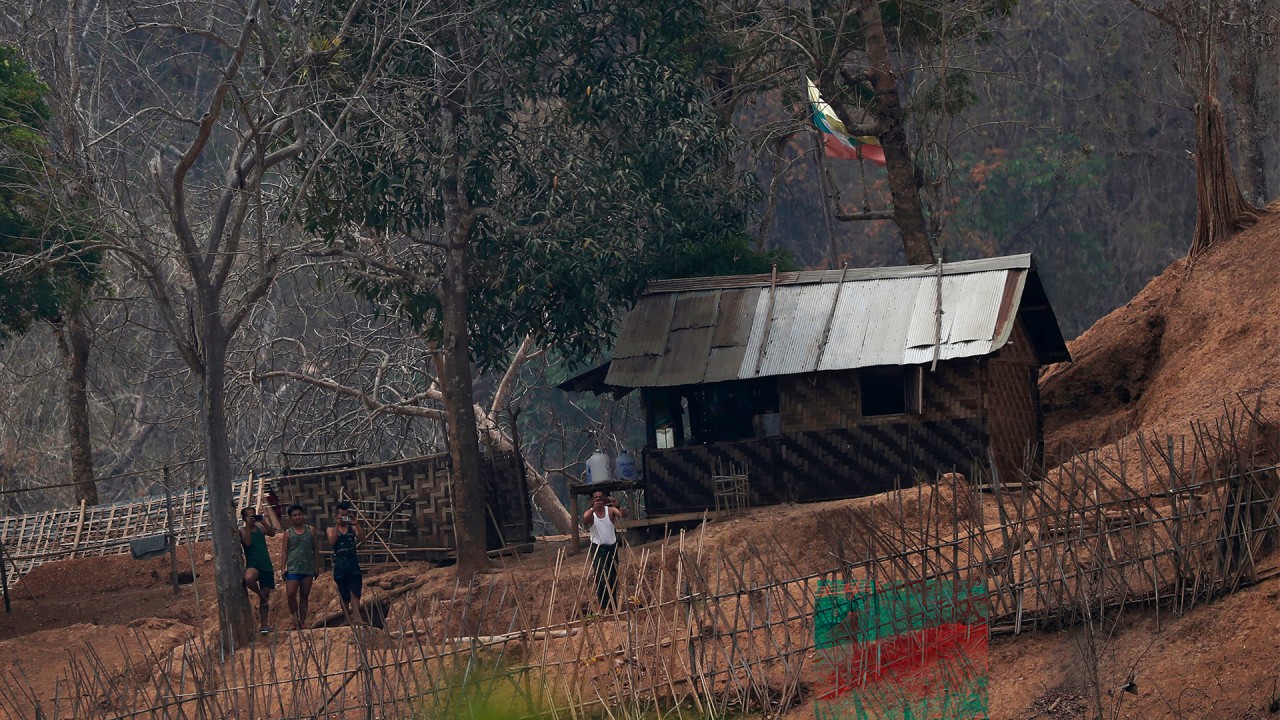Issued on: 08/04/2021 -

Paris (AFP)
A mountain gorilla rises up and pounds its chest to signal for a mate or scare off a foe, but the drumming that resonates through the forest might also reveal details of their physique, according to a study published Thursday.
Unlike the croak of a frog or the growl of a lion, the mountain gorilla's chest thumping is unusual because it is not a vocalisation but rather a form of physical communication that can be both seen and heard.
This display -- mainly by the male silverbacks who pummel their chests with cupped hands -- is thought to be a way to attract females and intimidate potential rivals.
But researchers wanted to find out if the drumming sound, which can carry for a kilometre through the rainforest, also conveys information about the chest beater.
They observed and recorded 25 adult male mountain gorillas monitored by the Dian Fossey Gorilla Fund in Volcanoes National Park, Rwanda and found that bigger gorillas produced chest beats with lower peak frequencies than smaller ones.
"In other words, chest beats are an honest signal of body size in mountain gorillas," said Edward Wright, of Max Planck Institute for Evolutionary Anthropology, who led the study.
Earlier research had shown that size matters for silverback gorillas -- bigger males are more dominant and have higher reproductive success than smaller ones, he told AFP.
The scientists believe chest beating may allow gorillas to send a signal that lets potential mates or rivals judge their size even without seeing them.
"As a male gorilla, if you want to assess the competitive ability of a rival male, it may be safest to do this at a distance," said Wright.
He added previous research showing that larger dominant males lead groups with more adult females suggests the females, who are known to transfer between bands of gorillas, may be influenced by size.
These transfers are usually done in person when groups meet and males thump their chests to advertise their prowess.
But Wright said further research would be needed to show that males and females are actually judging body size by listening to the chest beats.
- 'Power and strength' -
To study the relationship between the size of the wild gorillas and the resonance of their chest drumming, researchers first had to measure them -- without getting too close.
To do this they used lasers. By projecting two beams a set distance apart at the animal and then taking a picture, researchers could use the lasers as a scale to measure areas of its body.
They also had to be patient to record the gorilla chest beating, which happens in short bursts roughly once every five hours.
"You need to be at the right place at the right time," Wright said.
But when they were, he said, both the sound and the spectacle is impressive.
"As a human, you definitely get the sense of power and strength," he said.
In the end, the researchers were able to use recordings of 36 chest thumps made by six of the males to measure their duration, number of beats and the audio frequencies and compare this to their body size.
The study, published in the journal Scientific Reports, found a correlation between the animal's size and the sound frequency of the drumming sound, but detected no link to the length of time they spent chest beating or the number of beats.
It also found "a significant amount of variation" in the chest beating of the different males, said Wright.
But each gorilla did not greatly vary their style of drumming, he said.
"This hints that chest beats may have individual signatures, but further research is needed to examine this," he said, adding some colleagues in the field say they can guess which silverback is chest beating just from the sound.
© 2021 AFP








